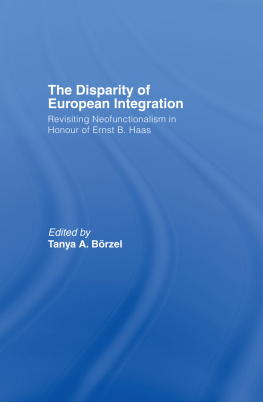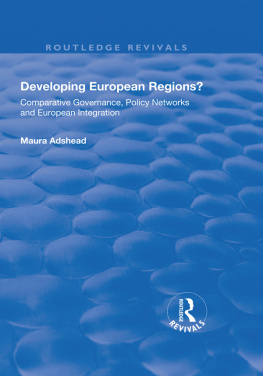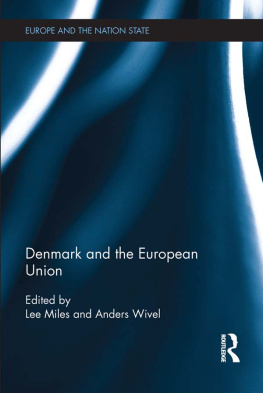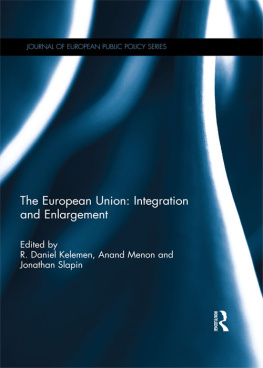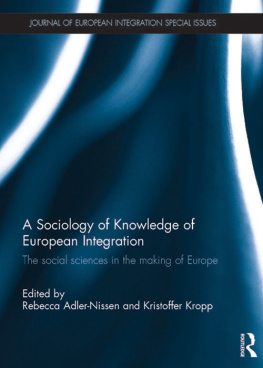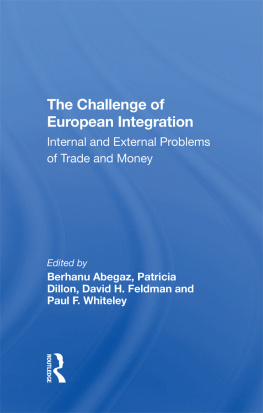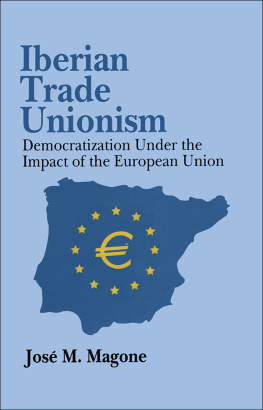Johannes Kiess - Trade Unions and European Integration: A Question of Optimism and Pessimism?
Here you can read online Johannes Kiess - Trade Unions and European Integration: A Question of Optimism and Pessimism? full text of the book (entire story) in english for free. Download pdf and epub, get meaning, cover and reviews about this ebook. year: 2020, publisher: Taylor & Francis Group, genre: Politics. Description of the work, (preface) as well as reviews are available. Best literature library LitArk.com created for fans of good reading and offers a wide selection of genres:
Romance novel
Science fiction
Adventure
Detective
Science
History
Home and family
Prose
Art
Politics
Computer
Non-fiction
Religion
Business
Children
Humor
Choose a favorite category and find really read worthwhile books. Enjoy immersion in the world of imagination, feel the emotions of the characters or learn something new for yourself, make an fascinating discovery.

- Book:Trade Unions and European Integration: A Question of Optimism and Pessimism?
- Author:
- Publisher:Taylor & Francis Group
- Genre:
- Year:2020
- Rating:4 / 5
- Favourites:Add to favourites
- Your mark:
Trade Unions and European Integration: A Question of Optimism and Pessimism?: summary, description and annotation
We offer to read an annotation, description, summary or preface (depends on what the author of the book "Trade Unions and European Integration: A Question of Optimism and Pessimism?" wrote himself). If you haven't found the necessary information about the book — write in the comments, we will try to find it.
Trade Unions and European Integration brings together pessimists and optimists on trade unionism under the contemporary pressures of European integration. The Great Recession has brought new attention to structural problems of the European integration process, specifically monetary integration; holding the potential of disabling any trans-national co-ordination. Other authors argue that the current crisis also poses the chance for mobilization and new impulses for European trade unionism. This is discussed in the volume alongside a variety of topics including bargaining coordination, co-determination, European governance regimes, and European wide mobilization.
While the importance of the question of how trade unionism and wage policy can, will, and should develop under the conditions of European integration seems widely shared, the polarization of the debate itself deserves our attention to learn about the opposing arguments and points of view; and to enhance academic discussion as well as consultancy to policy makers. This volume addresses this debate by bringing together the most distinguished voices and searching for common ground as well as new perspectives on European trade unionism and collective bargaining. The chapters of the volume, organised topically, are each accompanied by a comment from a distinguished scholar, highlighting the divisions of the debate. With this innovative approach, this book advances the dialogue between what have become openly opposed camps of optimists and pessimists on the future of European integration, trade unionism and its future chances.
Trade Unions and European Integration will appeal to students and researchers interested in fields such as European Studies, Industrial Relations, Political Economics, Social Movements and Sociology of Work.
Johannes Kiess: author's other books
Who wrote Trade Unions and European Integration: A Question of Optimism and Pessimism?? Find out the surname, the name of the author of the book and a list of all author's works by series.




